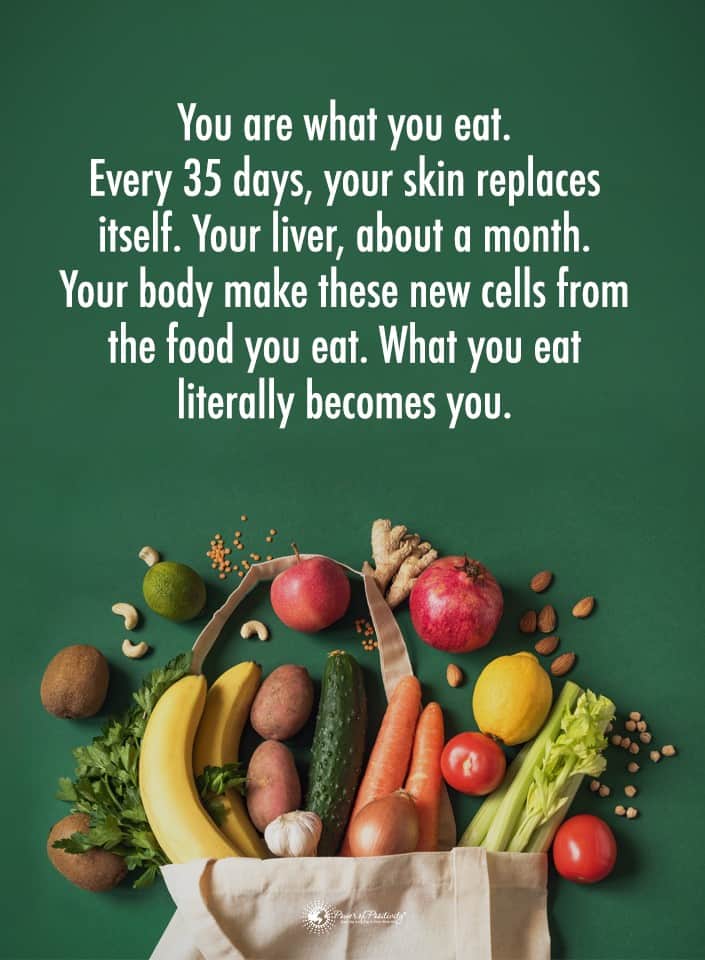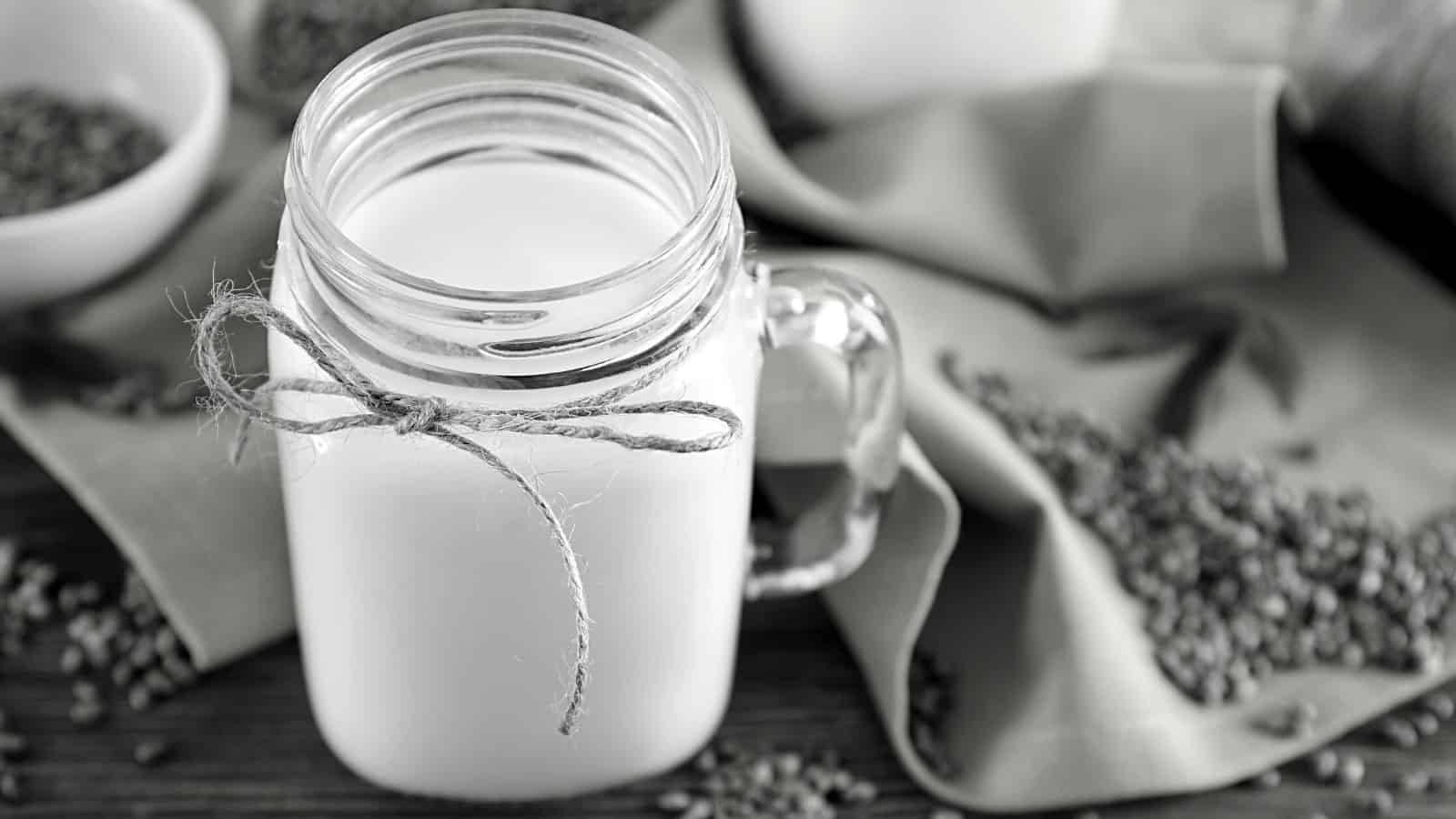Got hemp milk?
For at least 10,000 years, humans have been consuming milk from cows. According to an article published by Homestead, early humans also drew milk from sheep, goats, horses, camels, and yaks. Now, people have a choice to enjoy several plant-based products that animal-free, such as hemp milk.
Conversely, most dairy products in America come from cows. The dairy industry went from home delivery to supermarket shelves. In the past, most of these products would be from cows or the occasional products from goats.
Now, you’ll find a wide array of milk products to suit your taste and needs. While you probably won’t see any yak butter or camel milk, you’re bound to find delicious dairy products from goats and sheep.
Brief History of Animal Milk Consumption
In his article published for the BBC, Michael Marshall explains the irony of humans consuming animal milk. While anthropologists and historians don’t know how ancient humans got the idea, it stands to reason that they observed mammal mothers breastfeeding their young.
So, they may have assumed the animal milk would be good for them, too. Marshall states that adult humans started drinking milk before it was biologically feasible for them. As babies are weaned, their bodies stop producing lactase, an enzyme that allows them to digest lactic acid in their mother’s milk.
Ancient adult bodies didn’t produce lactase, so they would have battled digestion problems after drinking animal milk. Fortunately, explains Marshall, evolution kicked in, and most adult humans retained the ability to produce lactase.
It wasn’t long until our ancestors discovered how to make butter and fermented products such as cheese, yogurt, and kefir. Dairy products became a staple for households across the world. When new mothers couldn’t nurse or their babies weren’t satisfied with breast milk, cow milk became the ideal substitution.
Infants who couldn’t tolerate the traditional type were often introduced to goat’s milk, which can be easier to digest.
 Will Hemp Milk Do a Body Good?
Will Hemp Milk Do a Body Good?
Yes, milk and other dairy products are loaded with beneficial vitamins and minerals. Guidelines published by the USDA state that dairy is a rich source of calcium, Vitamin D, Vitamin A, magnesium, and protein. It helps build strong bones and teeth and reduces brittle bone disease and osteoporosis in seniors.
What do you do if your body can’t tolerate milk? At least 30 to 50 million people in America are lactose intolerant, says an article published by the National Institutes of Health. This intolerance may vary according to your ethnic background, with Caucasians being the lowest at two percent and Native Americans at the highest, at eighty percent.
You can have one of four types of lactose intolerance, states the article. The most common form is primary lactose intolerance, which is a sudden onset without gastric diseases. If you are intolerant due to a gastric illness, it’s called secondary.
The third type, congenital lactose intolerance, is rare and is a total inability to produce lactase.
Plant-Based Milk
Perhaps you are lactose intolerant, or you don’t consume dairy for ethical reasons. Does that mean the end of all the delicious, healthy dairy products for you? The good news is that the plant world supplies a tasty milk alternative.
Plant-based milk goes beyond the commonly recognized soy varieties. It’s been a popular ingredient for infant formula for years. Soy milk has also been a staple in health food stores.
However, plant-based milk alternatives are not a recent discovery. An article published by IFT mentions non-dairy alternative milk from coconuts, almonds, rice, oats, and peanuts. One of the earliest ones the article discusses is coconut milk, which dates to Ancient India and China. Today, approximately 9.3 percent of milk consumption in the US is plant-based.
Although experts aren’t sure when humans began cultivating and using hemp, they know it’s from antiquity. An article published by MIT says that using hemp for textiles, medicine, and food possibly dates to 8,000 BCE in Mesopotamia. Ancient Chinese medicine included hemp fiber.
Hemp vs. Marijuana
If you’re looking to get a “high” from drinking hemp milk, you’ll be disappointed. Even though hemp and marijuana are the same plant species, hemp doesn’t have the hallucinogenic properties as its weed sister does. You needn’t worry that consuming hemp milk will show up on a drug test, either.
Hemp: Cannabis sativa
An article published by Matt Shipman of North Carolina University explains the crucial difference between these plants. They are both cannabis but have different levels of THC, the compound that produces a high. Cannabis sativa is hemp, and its fibers are used for textiles. It has less than .3 percent of THC.
Marijuana: Cannabis Indicus
Cannabis Indicus, the classic marijuana plant, has mild to high doses of THC and is used for recreational highs or medicinal purposes. It’s regulated by local and federal law. According to an article published by the NCSL, hemp is now an agricultural product regulated by the USDA.
The Production Of Hemp Seed Milk
Hemp milk, also called hemp seed milk, is made by simply soaking the seeds in water and pulverizing them. Like other plant-based milk, it has a creamy consistency that makes it an ideal dairy substitute. Plus, fans adore the sweet, nutty flavor it lends to their dishes or by itself.
You can prepare your own hemp milk at home, or you can find it in specialty stores or online. While some brands have additional flavors and sweeteners, many prefer it unadorned. Unopened, it can last in your refrigerator up to a month (sealed) or seven to ten days after you open it.
Another positive aspect of using hemp seed milk is its versatility. Today’s market has tasty non-dairy options such as creamer, cheese, and even ice cream made from hemp seed milk. It may be a tad more expensive than other plant-based milk, but it’s still affordable on almost any budget.
 Eight Possible Benefits of Consuming Hemp Milk
Eight Possible Benefits of Consuming Hemp Milk
Although many people sing the praises of hemp seed milk, scientists continue to research and confirm the benefits. They can say for sure that it won’t give you a buzz and is safe for most adults, children, and pregnant or nursing mothers. Here are eight possible benefits you may receive by consuming milk made from hemp seed.
1. May Be Heart-Healthy
You’ve probably read about the health benefits of omega-3 acids. Fortunately, research reveals that hemp seed milk is a delicious source of this essential acid, and it may boost your heart health. It can be part of your prescribed plan of a healthy diet and exercise routine.
2. May Reduce Inflammation
One of the ways you can gradually develop diseases is by chronic inflammation in your body. When you consume hemp seed milk, you’re getting a vital dose of omega fatty acids such as linoleic and alpha-linoleic. Studies show that both these acids work as anti-inflammatories and may reduce your risks of certain skin irritations and diseases.
3. It’s Ideal if You Have Allergies
Do you have allergies to nuts, soy, or gluten? If so, you can’t use most of the popular plant-based milk. However, you have a new alternative to try–creamy hemp seed milk without any issues.
4. It’s Great if You’re Lactose Intolerant
If you miss the creamy deliciousness of cow milk because you’re lactose intolerant, hemp seed milk may be your answer. It is naturally lactose-free and can be used in many recipes that call for traditional milk.
5. Hemp Seed Milk has Complete Protein
Perhaps you are one of the many people in America who are following a vegetarian or vegan lifestyle. Then, you’ll need to replace animal-sourced protein with plant-based protein. According to a chart published by Nutrition Value, three tablespoons of hemp seed contain 9.5 grams of complete protein, which means it also contains essential amino acids.
6. May Benefit Your Skin
The same essential fatty acids in hemp seed milk that are anti-inflammatories can also benefit your skin. Some skin disorders like eczema are caused by inflammation. If you enjoy a cold glass of this natural non-dairy milk, you may reduce inflammation and have a healthier, more radiant complexion.
7. Boost Your Brain Health
Your brain needs optimal nutrition, just like the rest of your body’s organs. Amino acids are excellent for a healthy brain, according to science. Consuming these and other brain booster nutrients may reduce your risk of neurological disorders.
8. Lower In Calories
Another possible benefit of this tasty plant-based milk is that it has fewer calories than cow’s milk. It also has fewer carbohydrates, which means it may be helpful in a low-carb diet plan. Hemp seed milk is one of the few plant-based kinds of milk that combine the benefits of protein and essential fatty acids.
 Final Thoughts on Consuming Hemp Milk
Final Thoughts on Consuming Hemp Milk
Replacing cow’s milk with hemp seed milk may be a smart option, whether for lactose intolerance or ethical reasons. Plus, you’ll be pleasantly surprised when you taste its creamy goodness. When you consider the possible benefits and delicious flavor, you may not miss cow’s milk at all.




















